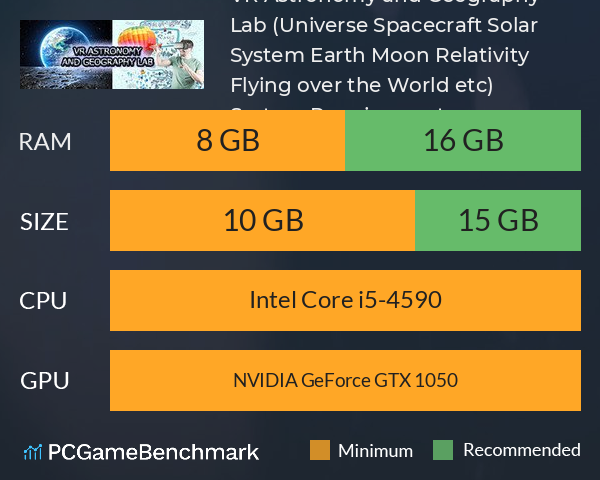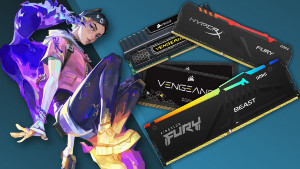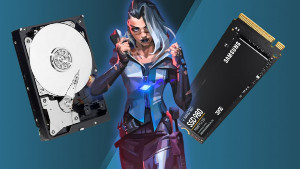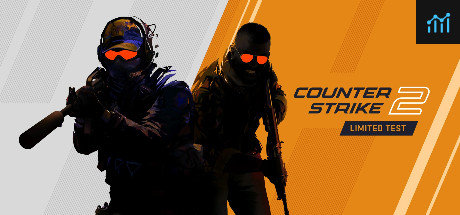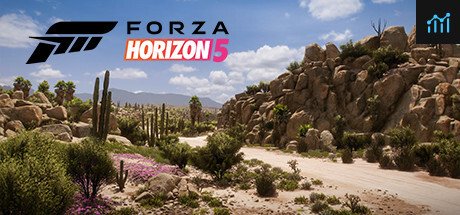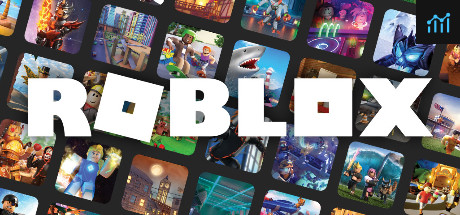VR Astronomy and Geography Lab (Universe Spacecraft, Solar System, Earth, Moon, Relativity, Flying over the World, etc) System Requirements
VR Astronomy and Geography Lab (Universe Spacecraft, Solar System, Earth, Moon, Relativity, Flying over the World, etc) system requirements 2025 - can your PC run VR Astronomy and Geography Lab (Universe Spacecraft, Solar System, Earth, Moon, Relativity, Flying over the World, etc)?
VR Astronomy and Geography Lab (Universe Spacecraft, Solar System, Earth, Moon, Relativity, Flying over the World, etc) minimum requirements
- Memory: 8 GB
- Graphics Card: NVIDIA GeForce GTX 1050
- CPU: Intel Core i5-4590
- File Size: 10 GB
- OS: Microsoft Windows 7
VR Astronomy and Geography Lab (Universe Spacecraft, Solar System, Earth, Moon, Relativity, Flying over the World, etc) recommended specs
- Memory: 16 GB
- Graphics Card: NVIDIA GeForce GTX 1050
- CPU: Intel Core i5-4590
- File Size: 15 GB
- OS: Microsoft Windows 10
Can you run it? Test your computer against VR Astronomy and Geography Lab (Universe Spacecraft, Solar System, Earth, Moon, Relativity, Flying over the World, etc) system requirements.
Can I Run VR Astronomy and Geography Lab (Universe Spacecraft, Solar System, Earth, Moon, Relativity, Flying over the World, etc)?
VR Astronomy and Geography Lab (Universe Spacecraft, Solar System, Earth, Moon, Relativity, Flying over the World, etc) system requirements state that you will need at least 8 GB of RAM. If possible, make sure your have 16 GB of RAM in order to run VR Astronomy and Geography Lab (Universe Spacecraft, Solar System, Earth, Moon, Relativity, Flying over the World, etc) to its full potential. An Intel Core i5-4590 CPU is required at a minimum to run VR Astronomy and Geography Lab (Universe Spacecraft, Solar System, Earth, Moon, Relativity, Flying over the World, etc). Provided that you have at least an NVIDIA GeForce GTX 1050 graphics card you can play the game. You will need at least 10 GB of free disk space to install VR Astronomy and Geography Lab (Universe Spacecraft, Solar System, Earth, Moon, Relativity, Flying over the World, etc). Make sure your have 15 GB of free disk space in order to install VR Astronomy and Geography Lab (Universe Spacecraft, Solar System, Earth, Moon, Relativity, Flying over the World, etc).
VR Astronomy and Geography Lab (Universe Spacecraft, Solar System, Earth, Moon, Relativity, Flying over the World, etc) will run on PC system with Microsoft Windows 7 and upwards.
Looking for an upgrade? Try our easy to use VR Astronomy and Geography Lab (Universe Spacecraft, Solar System, Earth, Moon, Relativity, Flying over the World, etc) set up guides to find the best cards. Filter for VR Astronomy and Geography Lab (Universe Spacecraft, Solar System, Earth, Moon, Relativity, Flying over the World, etc) graphics card comparison and CPU compare. We'll help you find the best deal for the right gear to run the game.
VR Astronomy and Geography Lab (Universe Spacecraft, Solar System, Earth, Moon, Relativity, Flying over the World, etc) FPS - what frame rate can you expect?
How many FPS will I get on VR Astronomy and Geography Lab (Universe Spacecraft, Solar System, Earth, Moon, Relativity, Flying over the World, etc)? An FPS Monitor is the first step in understanding how the parts in your gaming PC are actually performing in real-world conditions. It's the perfect way to track VR Astronomy and Geography Lab (Universe Spacecraft, Solar System, Earth, Moon, Relativity, Flying over the World, etc) FPS drops and stutters.
Download our free FPS Monitor via Overwolf to count your frame rates as you play, and test how tweaks to your settings can boost FPS and increase VR Astronomy and Geography Lab (Universe Spacecraft, Solar System, Earth, Moon, Relativity, Flying over the World, etc) performance. Our app is compatible with hundreds of the best PC games and available now.
